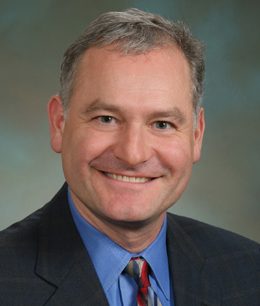In what’s become a rite of spring, state Rep. Reuven Carlyle yesterday released the annual rundown of state taxes going in and out of each county.
Per usual, King County was one of the biggest net losers in the tax game, receiving less than 65 cents back for every dollar paid in. As Carlyle notes, this mirrors a trend nationwide in which blue states tend to be net losers in federal tax dollars while supposedly austere red states win the jackpot.
Writes Carlyle:
Of Washington’s 39 counties, only 9 contribute more to state coffers than they receive back in benefits. Even then, only 3 (San Juan, Garfield, and King) receive $0.65 or less for every dollar they pay to the state. The other 6 are closer to the edge, receiving $0.90 for each dollar paid. On the other end of the spectrum, 13 counties receive $1.50 or more for each dollar taxed, and 3 (Stevens, Ferry, and Yakima) receive more than $2 for every $1 paid in state taxes.
Overall, according to the U.S. Census Bureau, Washington ranks 36th in the nation in the overall obligation of state and local taxes, at 9.3% of personal income, the lowest levels in decades. Related national data from the conservative-leaning but respected Tax Foundation shows that Washington State is the 13th largest ‘net contributor’ of taxes to the federal government, receiving just $0.88 for each federal tax dollar paid by residents. This comes in spite of a large military presence in the state, Hanford as well as the University of Washington which receives among the largest federal research grant levels in the country.
Carlyle uses the numbers to argue for allowing local jurisdictions like King County and Seattle to raise local taxes:
Being a ‘net contributor’ county should merely gain us sufficient respect, courtesy or deference to local democracy as to be able to allow our own local governments to make independent decisions relative to the services our citizens need that state government cannot or does not provide. And, perhaps, it could engender a bit more gracious rhetoric from those who play into inaccurate and counterproductive negative stereotypes about rural communities subsidizing city life.








